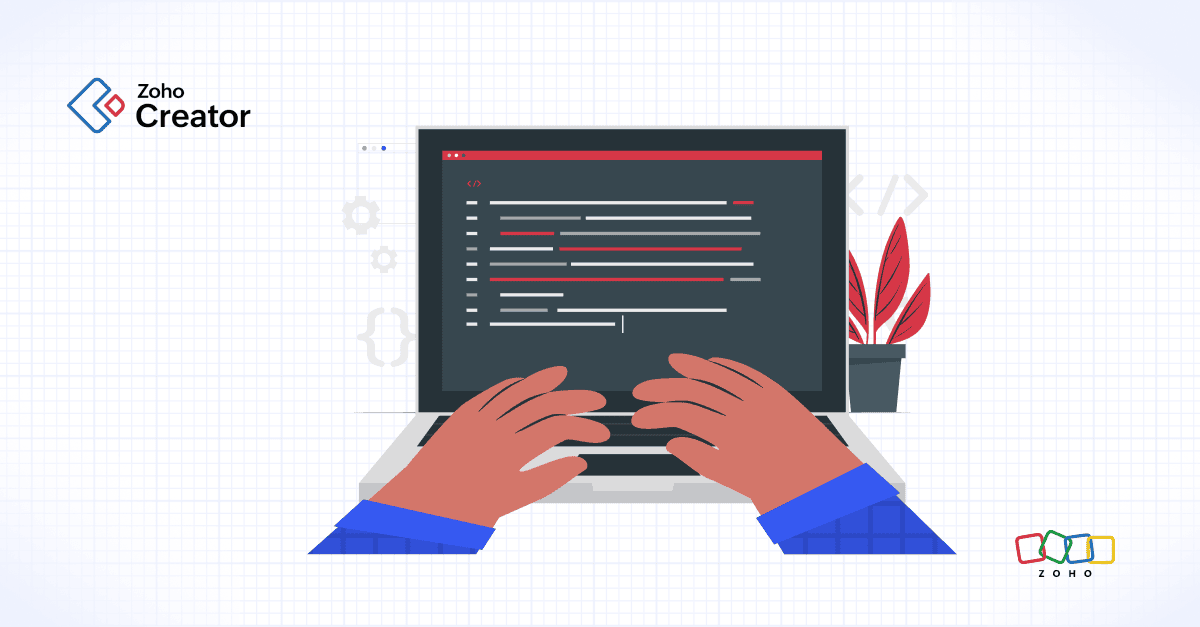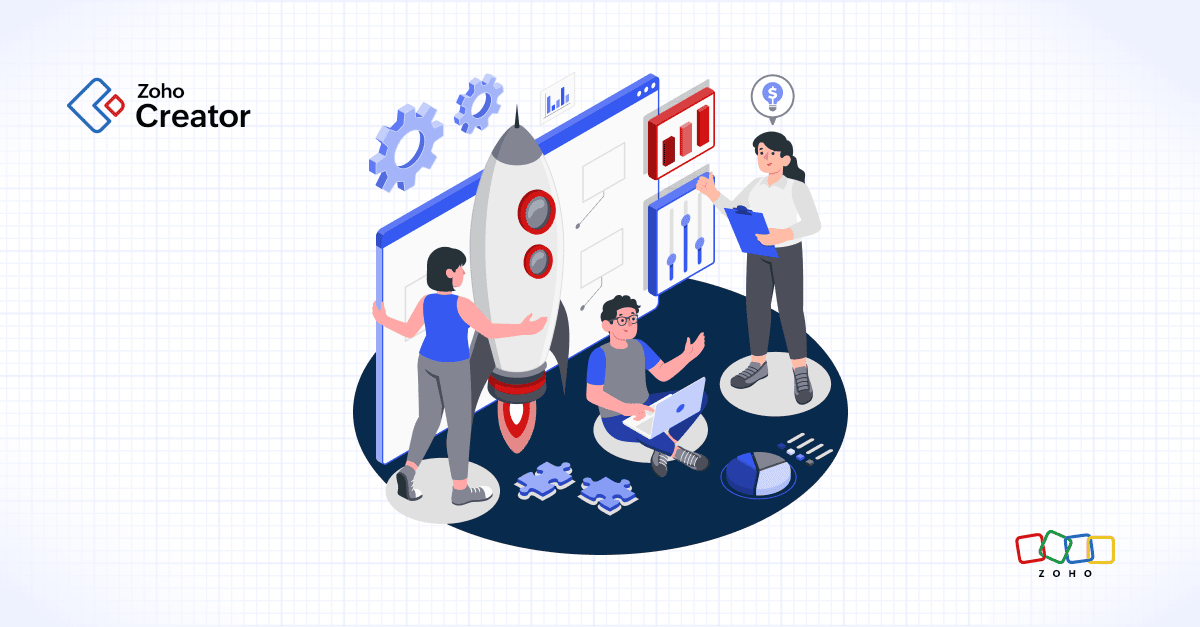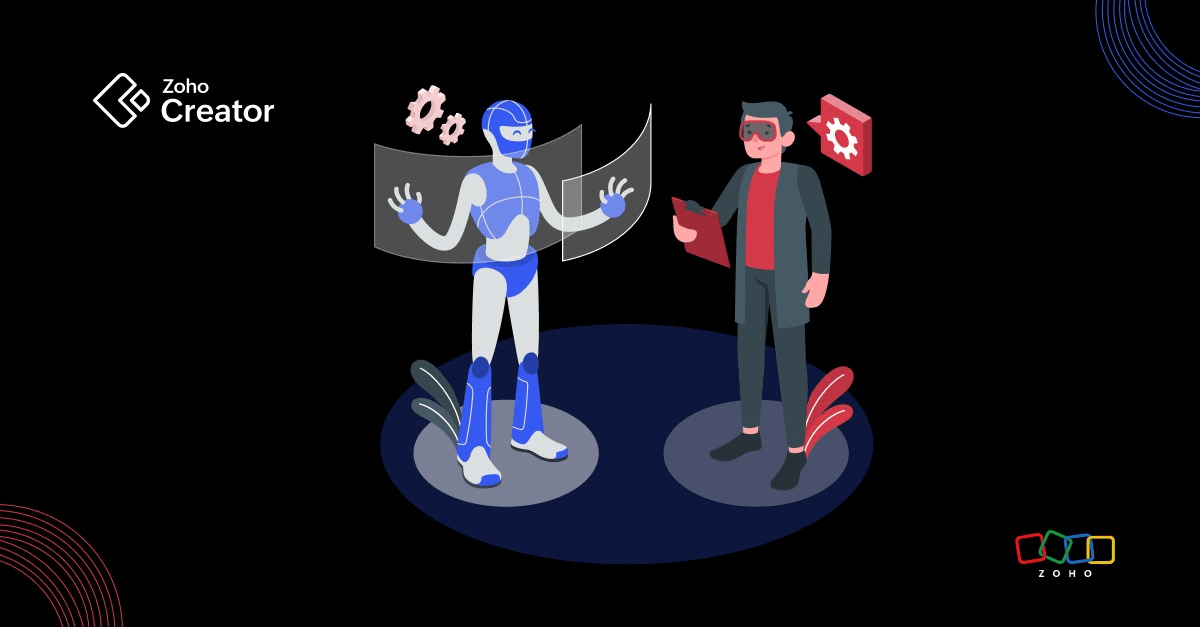- HOME
- Know Your Tech
- Legacy system modernization: Then and Now
Legacy system modernization: Then and Now
- Last Updated : April 20, 2023
- 818 Views
- 3 Min Read

The new age of Legacy Modernization
For many years, legacy modernization was a straightforward, "this or that" process. You could either take out the entire legacy system and start from the beginning or keep stacking new technology over the old, and keep extending its limited lifetime.
In this cybernated era, there is no possibility of enterprises sticking to their feeble legacy systems. The costs of maintaining and relying on legacy systems are high, and it doesn't make sense for organizations to afford or accommodate them. Only by leveraging pivotal technology like low-code, cloud-computing-based services, and DevOps, can they accomplish their task of legacy modernization while eliminating the risks that might accompany making such a transformation.
These days, we've seen some major changes and improvements in both the digital and technological world. Digital transformation in particular has taken the IT environment in a wave and has elevated the stakes and expectations on legacy modernization.
This has resulted in many more broader options for IT decision-makers, offering them advanced ways to modernize their tech and apps, without the worry of facing the risks and losses they might have had previously.
One of the core reasons that legacy systems are still in existence even today is that, despite their age, they may still serve some purpose, however small. Did you know that there is more to legacy systems than them just being defined as old?
The real legacy systems
A common mistake people make when thinking of legacy systems is defining them as merely old or out-of-date. While this may be partially true, it's only half the story. In reality, legacy systems have a high number of technical liabilities for their organizations, like how expensive they are to maintain or the extent of use they have for the amount of technical maintenance that's required for their upkeep.
As we spoke about before, there's another black and white argument that always comes up when discussing legacy system modernization: Would you rather pay the cost to maintain the legacy application or pay higher upfront costs to completely replace and modernize it? Modernization costs include the entire transition from the old to new system, storage, updating customers, and more.
This is where low-code development came in and disrupted the argument.
Low-code platforms
Modernizing a labyrinth of legacy systems is no mean feat, but this kind of transition can benefit from new applications that make the process simpler. This brings us to low-code platforms.
Hand-coding replacements have been a nightmare for organizations, along with the cost, time, and risk involved in it. Low-code alters this by effectively lowering both time and risk during the migration process.
This doesn't mean that low-code platforms make legacy modernization a trivial affair, but they do allow you to get the job done much more easily.
Modernizing your legacy systems with Zoho Creator
When choosing Zoho Creator for legacy system modernization, you choose a tool that doesn't just work now, but will continue to meet your demands in the future. Our team of technical experts are constantly evolving the capability of our platform, to ensure your business solutions are up-to-date and able to keep up with the ever-changing technology landscape.
You can now modernize your systems without disrupting your business. We:
Study your current software
Devise a strategy
Execute your vision
Migrate your data
Set up integrations
Train your employees
Ultimately, low-code allows you to deliver better solutions for your customers and your business, with a test-and-learn approach.
With constant upgrades aimed towards optimal outcomes, low-code should be the tool of choice for migrating your legacy systems.
 Szhruthi Boopathy
Szhruthi BoopathyPassionate product marketer specializing in low-code and AI-powered app development. When I'm not crafting compelling content and video collaterals, you'll find me immersed in the world of painting or lost in a good book.



